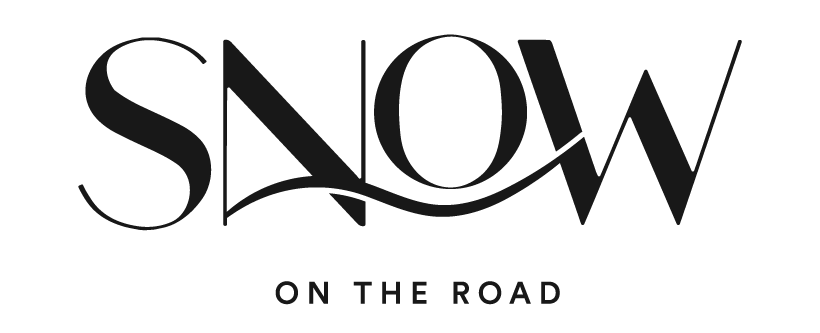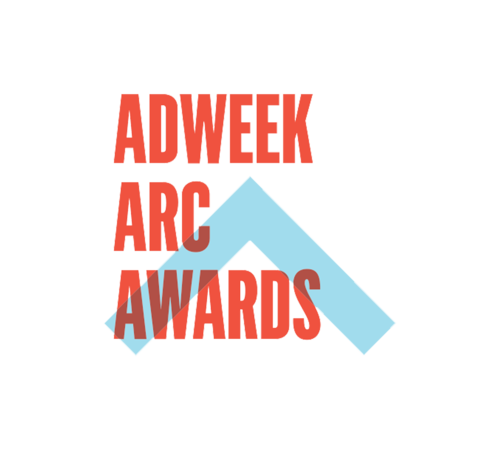Windy Media : Our small shop won a big award
If you work in advertising, you’ve probably heard of Adweek.
By their own measurement, the magazine reaches 100% of the Fortune 500 CMOs and senior executives from the top 150 media agencies. More than 150,000 agency and media-decision makers subscribe.
They are a giant voice in the industry, towering over the endless sea of small creative shops like ours. That’s why we were surprised last month when we found out we won an AdWeek ARC Award for our campaign with Planned Parenthood in 2018.
Don’t get us wrong - we’re incredibly proud of the team that worked so hard to deserve this, namely director Julianne Gauron and director of photography Shannon Palmer. The work shows their effort and we’re thankful to be recognized. Our shop is small and after four years in business, we didn’t assume our size could compete against the larger agencies often recognized by AdWeek. For example, the company that won our category in the previous year is the country’s second largest independent advertising firm and has been around since the late 1800s.
But of course, it’s naive for us to assume we’re outliers. If we remove our excitement for this recognition from the equation, we get to step back and ask,
are we part of a bigger trend?
and what does that mean for advertising?
(Spoiler alert: yes, and it’s big)
Three years ago, Adweek wanted to start recognizing the industry’s growing trend of branded content. As they say on their site…
In just a few short years, branded content has matured from a burgeoning category to a dynamic new business distinct from interruptive advertising. As a result, the biggest producers, executives and talent in the business are getting onboard, and nurturing their own storytelling genres.
The Adweek ARC Awards celebrates the creativity, originality and excellence coming out of this exciting marketplace.
That all sounds great, but we have to ask,
what the hell is content?
It seems to have crept up on advertising out of no where and is disrupting every age-old assumption. Depending on where you stand, you might define “content” differently.
Some may think content is the highlight reel from a camera in the hands of a millennials who outsourced their brain to a smartphone during childhood, while that millennial may think they’re the next Casey Niestat. You may believe content is a leech sucking the life out of your budget, or you may think it’s creating more value for your client than ever before. Here’s our best attempt at defining “content.”
noun. visual and audio media digitally made (mostly) by non-union teams (sometimes), digitally shared (often), and above all else, balances story-telling with product-selling (usually).
Yikes. There’s a lot to unpack there, and every piece of this attempted definition is a complete shift from the traditional approach to production in marketing and advertising. And all of it introduces new cost savings and efficiencies to everyone - clients, agencies, producers, and creators.
Cameras are cheaper. Crews are smaller. Online distribution is accessible to everyone. As a result, most clients and agencies have come to associate “content” with “cheap.” And that’s a big problem.
Frankly, the traditional approach has the lion’s share of talent and experience, and deserves recognition. Unions are home to the best creators, agencies provide the infrastructure to support the brightest strategists and creatives, and the majority of eyes and ears still go to broadcast and radio over web and podcast.
But as the paradigm shifts towards digital production and distribution, creators should not be basing the value of their work on the cost of production, but instead the value of their ideas and ability to tell a story. In other words, it’s time we flipped the stigma against content on it’s head. With less barriers to access production, we should actually be able to focus on final product more, associating “content” with “quality.”
Take our campaign for Planned Parenthood (that won the award), as an example. With a crew of just six people plus one from the client, we were able to respectfully live in the world of women who have experienced an abortion, working very personal emotional spaces in their homes and communities. We were surgical about what shots we needed, carefully controlling light, sound, camera motion and character direction for all of it. In this way, we worked hard to bring the intention of a high-stakes, high-budget commercial to the low-footprint, low-barrier-to-access process of content creation. In this way, the new approach of “content” actually allowed us to tell the story better.
It’s with this approach that we aim our sights on growing our business and supporting other content creators. In case you haven’t already, take a look at the list of talented people we worked with in 2018, nearly thirty people who share our belief that the future of storytelling lies in small SWAT teams using the exact skills and tools needed for the right strategy and story. Looking forward, that story can be told with many mediums - moving and still image, sound, and experience - all in concert. We’re thankful that this multi-media approach was recognized by AdWeek in the case of our Planned Parenthood campaign.
Planned Parenthood and Windy Films captured those testimonials with a female-led crew of filmmakers for “Dear Senator,” which included a 12-minute digital short, five TV ads, two radio spots and 20 pieces of online content.
We are far from the first to observe or ride the content trend. We’re thankful that our work was noticed, and the hard work of so many storytellers deserves the same. The ARC Awards are a great step towards recognizing the potential of content storytelling. It means that AdWeek recognizes the future of advertising and marketing. You don’t have to be a giant ad agency or own an expensive camera. They see that when all barriers to access production fall, all that matters is story.



